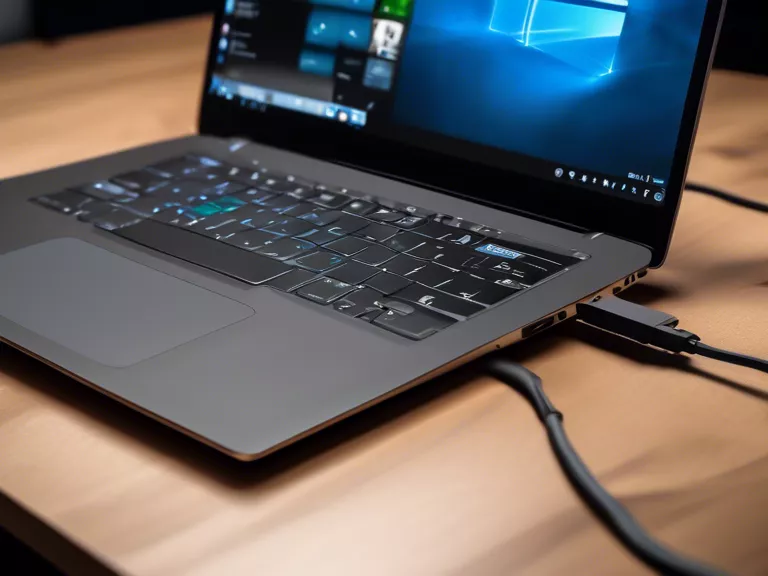
In recent years, laptops have become increasingly powerful, allowing users to perform complex tasks such as gaming, video editing, and programming on the go. However, with this increase in performance comes the issue of overheating. Overheating can not only reduce the lifespan of your laptop but also lead to poor performance and even damage internal components. As a result, laptop cooling technology has become a crucial aspect of designing high-performance devices.
One of the primary methods of cooling laptops is through the use of fans. Most laptops come equipped with one or more fans that help dissipate heat generated by the processor and other components. However, as laptops become more powerful, traditional cooling methods may not be sufficient. This has led to the development of advanced cooling solutions such as liquid cooling systems and vapor chambers.
Liquid cooling systems use a pump to circulate liquid coolant through a series of pipes and heat sinks to transfer heat away from components. This method is more efficient than traditional fan cooling and can help keep laptops running at optimal temperatures even under heavy workloads. Vapor chambers, on the other hand, use a small amount of liquid coolant that vaporizes to absorb heat. This vapor then condenses back into a liquid and is circulated back into the system.
In addition to advanced cooling solutions, manufacturers are also focusing on improving the design of laptops to enhance airflow and heat dissipation. Thinner laptops may have limited space for cooling components, so designers are finding creative ways to maximize cooling efficiency without compromising on portability. This includes innovative heat sink designs, improved thermal insulation, and strategically placed vents.
As laptops continue to evolve, so too will cooling technology. Manufacturers are constantly researching and developing new ways to keep high-performance devices cool and running smoothly. Whether it's through advanced liquid cooling systems, vapor chambers, or innovative design solutions, the future of laptop cooling looks promising.



